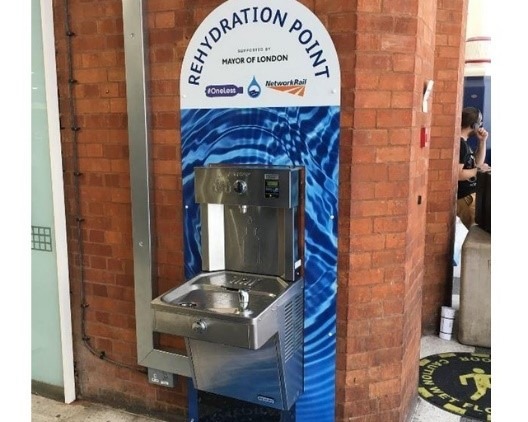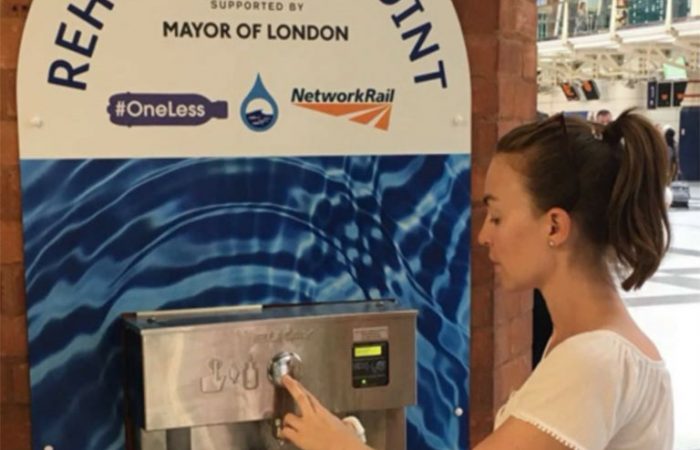Overview:
20,000 single-use plastic drinks bottles are purchased every second [1], with approximately 13 billion used each year in the UK [2] alone. Researchers now estimate that more 8 million tons [3] of plastic waste reaches the ocean every year. Growing public concern over the impact that waste plastic is having upon the environment has led to an upsurge in both the demand for and provision of water dispensers and water bottle refill stations. The question remains, however, whether the installation of public water dispensers can really be an efficacious means to help stem that tide of waste plastic.
MIW Water Cooler Experts has collated data from 27 large public organisations, including airports, universities, significant sporting venues and shopping sites that have installed new water drinking facilities for visitors during the course of the last three years. Each site was asked to provide opinions on the impact the bottle refill stations have made upon public behaviour and waste generation.



 68% of facilities managers believed that there had been a reduction in the number of single-use plastic drinks bottles sold around their organisation.
68% of facilities managers believed that there had been a reduction in the number of single-use plastic drinks bottles sold around their organisation.













